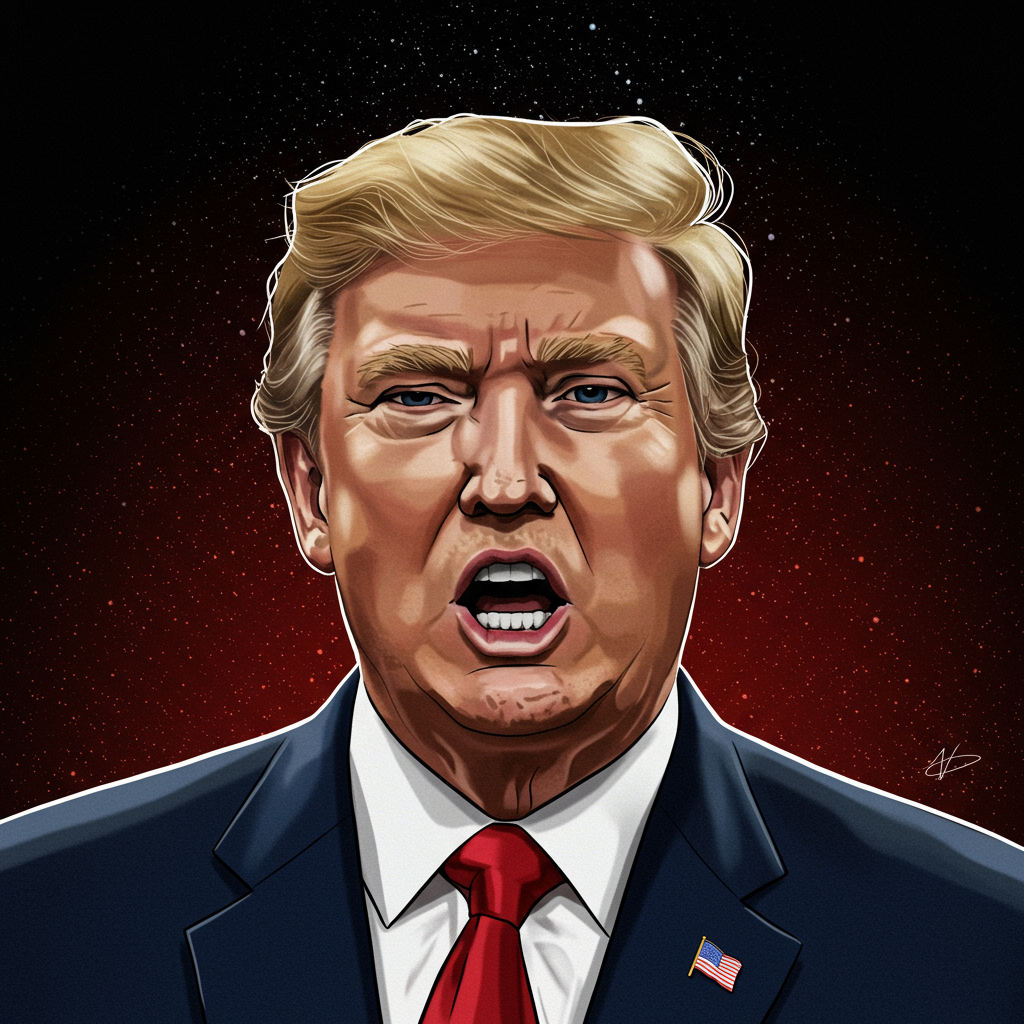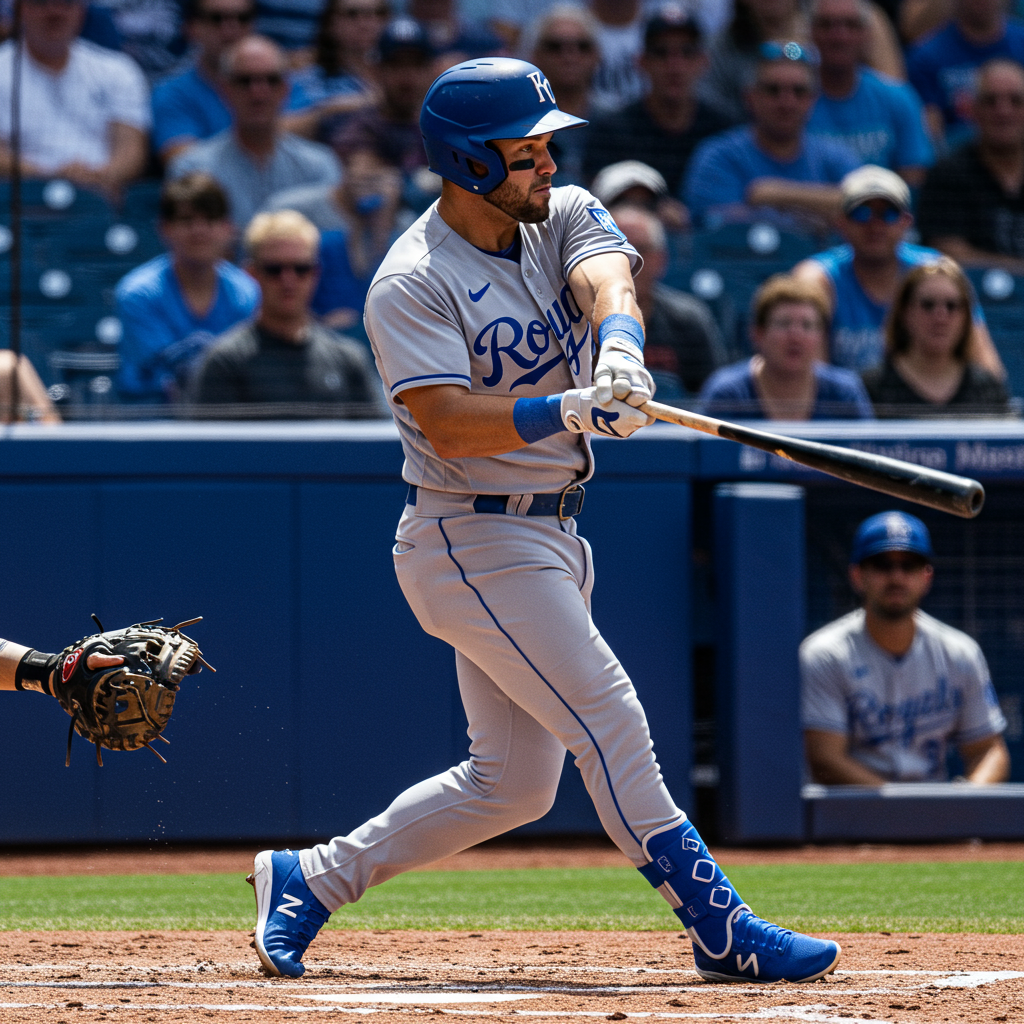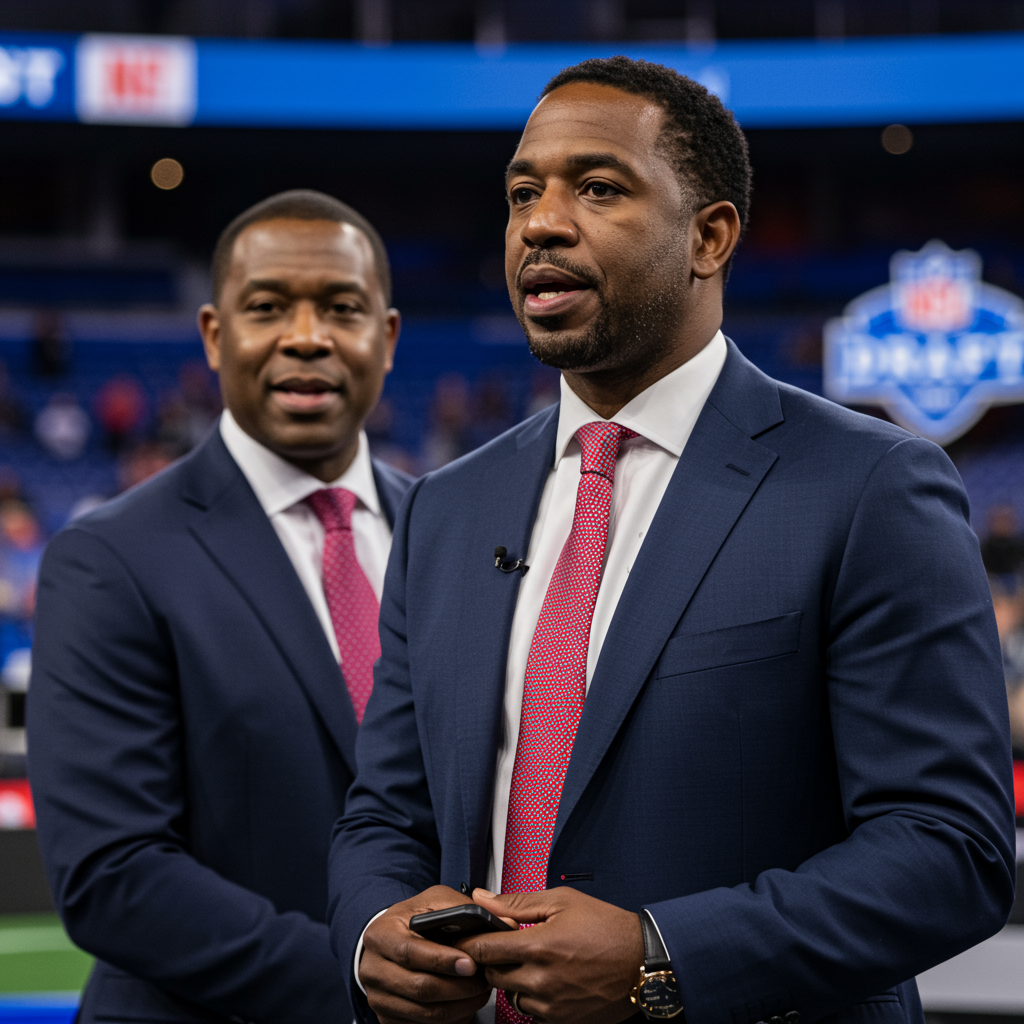Former President Donald Trump has issued a bold threat, vowing to impede the Washington Commanders’ proposed new stadium deal unless the NFL team reclaims its former name, the “Redskins.” This declaration, made via his social media platform, extends similar pressure to Major League Baseball’s Cleveland Guardians, urging them to revert to their “Indians” moniker. Trump’s intervention ignites a fresh debate on cultural sensitivity, team branding, and the intricate politics surrounding professional sports, raising questions about presidential influence and the future of two prominent franchises.
Trump’s Demand: Reverting to Controversial Names
On a recent Sunday, Donald Trump explicitly stated his intent to “put a restriction” on the Washington Commanders’ stadium plans if they do not abandon their current name for the “Washington Redskins.” He asserted that restoring the old name would make the team “much more valuable” and claimed there was a “big clamoring for this.” This direct ultimatum connects the highly anticipated new Washington Commanders stadium to a name considered offensive to Native Americans. The proposed state-of-the-art facility, a substantial £3 billion (approximately $3.75 billion USD) project, is slated for the historic RFK Stadium site in Washington D.C., where the team played for decades.
Trump’s demand isn’t isolated. He simultaneously called for the Cleveland Guardians baseball team to revert to the “Indians” name, which they changed in 2021. In both instances, Trump cited a perceived desire among “great Indian people” for these changes, claiming their “heritage and prestige is systematically being taken away from them,” though he provided no substantiating evidence for these assertions.
The Commanders’ Name Evolution and Opposition
The Washington NFL franchise, originally the Boston Redskins in 1933, moved to D.C. four years later. The “Redskins” name, a long-standing source of controversy, was officially retired in 2020 amid a national reckoning on systemic racism and calls for cultural sensitivity. For two seasons, the team operated as the Washington Football Team before officially adopting the “Commanders” name in 2022.
Indigenous communities have strongly opposed the former “Redskins” name for decades. Suzan Harjo, a Cheyenne and Arapaho activist, shared in a 2022 NPR interview that the “R-word” is deeply linked to racist attitudes, perpetuating “emotional and physical violence” against Native Americans. She recalled personal experiences where the term was used by white individuals during attacks on Native Americans in her youth. The team’s decision to change the name was a direct response to this powerful advocacy and shifting public sentiment.
The Stadium Deal: A Complex Web of Authority
The Washington Commanders and the District of Columbia government had announced a deal earlier this year to build a new home at the old RFK Stadium site. This move aims to bring the team back to the nation’s capital from its current Maryland location. Congress, however, maintains budgetary control over D.C., even though residents elect their own local government. In January, President Joe Biden signed a bill transferring federal land control to the District of Columbia, a provision included in a short-term spending bill passed by Congress in December.
Trump’s actual ability to hold up the deal remains uncertain. D.C. Council Chairman Phil Mendelson downplayed any potential influence, stating he was focused on getting “the best deal for District taxpayers” and had heard “zero” complaints from residents about the name change. He further noted he “didn’t know what the restriction would be” that Trump could impose. A senior Republican politician had even urged the D.C. Council to expedite stadium approval, indicating a complex political landscape. The exclusive negotiation window for D.C. closed on July 15, though a future agreement remains possible. Both Maryland and Virginia have since contacted the Commanders, pitching alternative stadium development opportunities within their states, adding another layer of complexity to the team’s future home.
Cleveland’s Unwavering Stance
The Cleveland Guardians baseball team has also faced Trump’s call to revert to their “Indians” name. However, Guardians president of baseball operations Chris Antonetti quickly dismissed the idea. Antonetti acknowledged “different perspectives on the decision we made a few years ago” but affirmed the team’s commitment to building the “Guardians” brand, expressing excitement for the future. The team phased out its “Chief Wahoo” logo in 2018, changed its name from “Indians” in December 2020, and officially became the “Guardians” in July 2021.
Interestingly, Trump linked Cleveland’s name change to Matt Dolan, son of the late owner, claiming Dolan “lost three Elections in a row because of that ridiculous name change.” While Matt Dolan did run in Ohio’s U.S. Senate elections in 2022 and 2024 and lost, he no longer has an official role with the Guardians, having run the team’s charity efforts until 2016. This connection highlights the political undertones of Trump’s comments.
Broader Implications: Trump’s Engagement in Sports
Trump’s latest intervention in sports team names fits into a broader pattern of attempting to exert political influence over American sports. This behavior has drawn criticism, with some arguing it exposes hypocrisy within the MAGA movement, which previously decried the mixing of sports and politics when athletes protested systemic racism.
Notably, this recent demand contradicts Trump’s own past statements. In October 2013, he criticized President Barack Obama for even considering a Redskins name change, tweeting, “President should not be telling the Washington Redskins to change their name-our country has far bigger problems! FOCUS on them, not nonsense.” This earlier stance highlights a shift in his public position.
Beyond team names, Trump’s history of sports intervention includes:
Transgender Athletes: Advocating for policies restricting transgender athletes’ participation.
MLB Hall of Fame: Pressuring Major League Baseball to induct banned figures like Pete Rose.
ICE Raids: Instances of Immigration and Customs Enforcement raids at sporting events popular among Latino communities during his administration.
UFC Promotion: Aligning closely with and promoting the “MAGA-friendly Ultimate Fighting Championship,” even proposing a White House fight event.
- NIL Rules: Reportedly planning an executive order on Name, Image, and Likeness (NIL) rules in college athletics, potentially impacting student-athletes’ earning potential.
- www.bbc.com
- www.npr.org
- www.msnbc.com
- www.mlive.com
- www.profootballrumors.com
Some commentators, like ESPN’s Stephen A. Smith, view Trump’s latest focus on team names as a strategic distraction from other pressing issues, such as the ongoing Jeffrey Epstein saga. This perspective suggests his actions are designed to “cater to his base” and divert attention from sensitive topics.
What’s Next for the Commanders’ Stadium?
The current Washington Commanders ownership group, led by Josh Harris, acquired the team in 2023. Not long after taking over, Harris quelled speculation about reverting to the former name, stating unequivocally that it “would not happen.” The team has not immediately responded to requests for comment regarding Trump’s latest social media posts.
With the D.C. negotiation window having recently closed, the path forward for a new Washington Commanders stadium remains fluid. While Washington D.C. is still considered a leading contender, the overtures from Maryland and Virginia introduce new possibilities. The D.C. Council and Congress will play crucial roles in any future agreement. It remains to be seen if Donald Trump will take tangible steps to enforce his demands or if his pronouncements will ultimately have little bearing on the team’s branding or stadium plans. The current ownership’s firm stance suggests a name change is unlikely, regardless of external pressure.
Frequently Asked Questions
What is Donald Trump’s specific demand regarding the Commanders’ stadium deal?
Donald Trump has publicly threatened to “put a restriction” on the Washington Commanders’ new stadium deal unless the NFL team changes its name back to the “Washington Redskins.” He claims this change would significantly increase the team’s value and suggests there’s widespread support for it. He has also pressured the Cleveland Guardians to revert to the “Indians” name.
How has the Washington Commanders’ ownership responded to calls for a name change?
The Washington Commanders’ current ownership group, led by Josh Harris, has consistently stated that a name change back to the “Redskins” is not being considered. Harris affirmed this position shortly after acquiring the team in 2023, effectively quieting speculation about reverting to the controversial former name. The team has not officially responded to Trump’s most recent comments.
What is the current status of the Washington Commanders’ new stadium plans?
The Washington Commanders and the District of Columbia government announced a deal earlier this year for a new stadium at the RFK Stadium site in D.C. However, the deal is not yet finalized. Although D.C.’s exclusive negotiation window closed on July 15, the city remains a strong contender. Maryland and Virginia have also recently pitched stadium development opportunities to the team, adding more options to the ongoing search for a new home.
In conclusion, Donald Trump’s recent calls for the Washington Commanders and Cleveland Guardians to revert to their former names have reignited debates about identity, cultural sensitivity, and the intersection of politics and sports. While his pronouncements have captured headlines, the teams involved have firmly stated their commitment to their current names. The future of the Commanders’ stadium, particularly at the RFK site, remains a complex issue intertwined with D.C. politics and the team’s long-term vision, largely unaffected by the former president’s demands. This situation highlights the ongoing discussions about team branding and the broader role of sports in American society.



